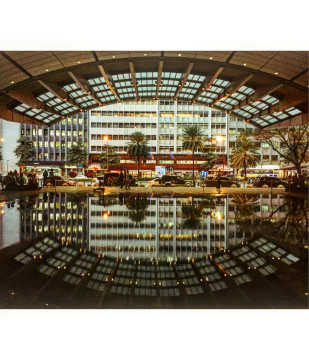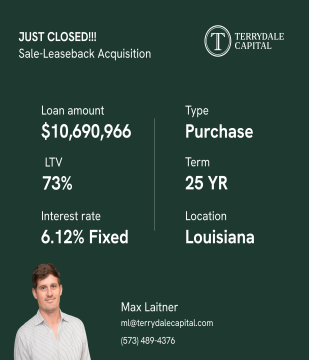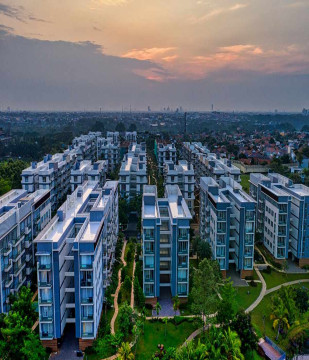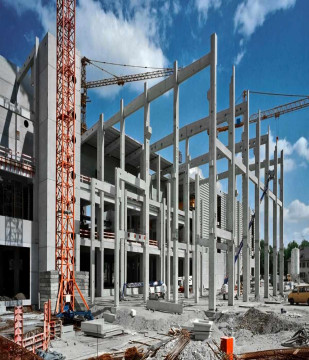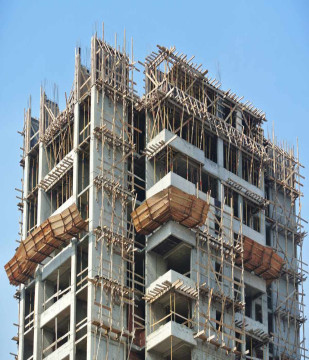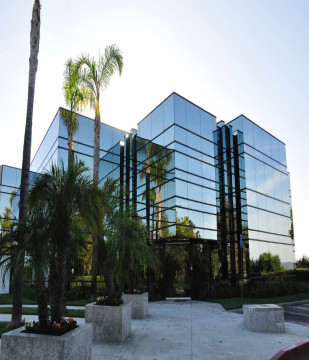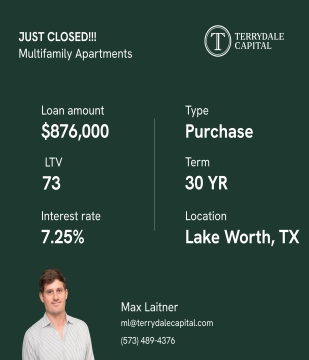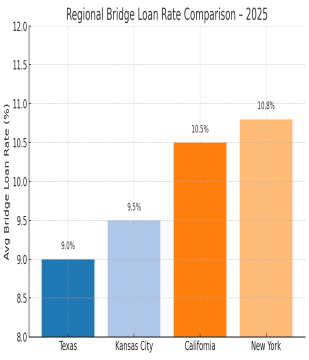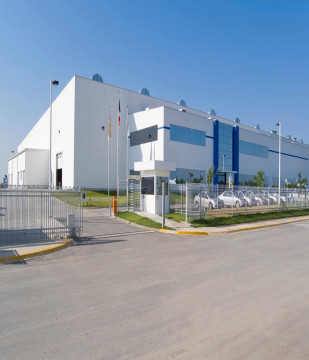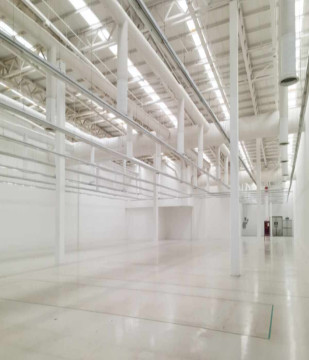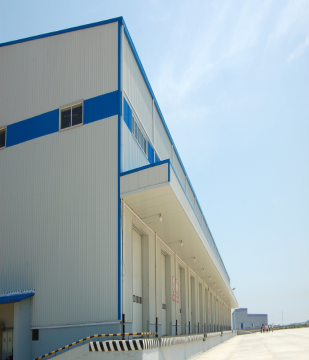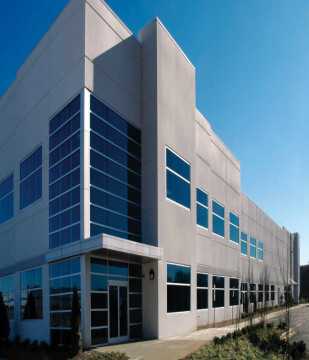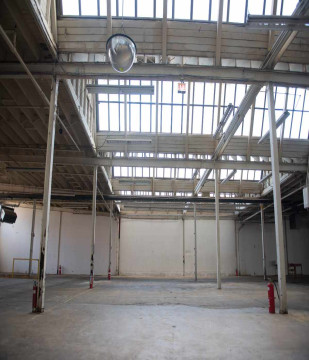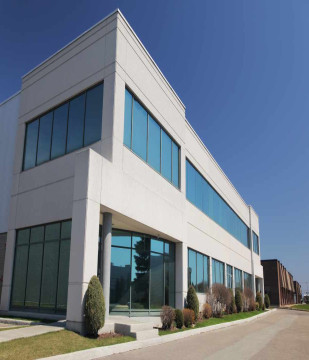What Credit Metrics Do CRE Lenders Use in Dallas: DSCR, LTV, Debt Yield

Terrydale Capital
Oct 1, 2025 13 Min read
 Learn
Learn
Commercial Financing in Dallas
When you’re seeking commercial real estate (CRE) financing in the Dallas area, you quickly hit three key metrics: DSCR, LTV, and debt yield. These aren’t just jargon. They’re the backbone of underwriting. If your deal fails one of these tests, many lenders will say “no.”
Let me walk you through what each metric means, how lenders use them in Dallas (or more broadly in Texas), and what typical thresholds you might expect.
What Are the Core Credit Metrics?
Below is a short primer. Later, we’ll tie these metrics to how Dallas lenders tend to use them in real deals.
| Metric | Formula (basic) | Purpose / What It Shows |
|---|---|---|
| DSCR (Debt Service Coverage Ratio) | Net Operating Income ÷ Annual Debt Service (principal + interest) | Measures whether the property’s income can comfortably cover debt payments |
| LTV (Loan‑to‑Value) | Loan Amount ÷ Appraised Value (or Purchase Price) | A leverage ratio — how much debt vs property value |
| Debt Yield | Net Operating Income ÷ Loan Amount | A lender’s “return” if they had to foreclose and own the asset |
These are the standard metrics in CRE underwriting. (Wall Street Prep)
Notice: Each metric captures a different angle of risk:
DSCR: operating cushion / debt burden
LTV: collateral / leverage risk
Debt Yield: pure income vs loan risk, independent of interest rate or amortization
One more point: many lenders also look at Loan‑to‑Cost (LTC) or Cost of Renovation / CapEx in deals involving rehabs or value-add projects. But for stabilized assets, DSCR, LTV, and debt yield dominate. (CRE Daily)
How Lenders Use DSCR, LTV, and Debt Yield (in Dallas and Beyond)
DSCR (Operating Cushion)
A property might have a healthy NOI today, but lenders want cushion. That cushion arrives in the DSCR metric.
Typical minimums: 1.20× to 1.35× are common. Some lenders may require higher (1.4× or more) for riskier property types (retail, office) or in stressed markets. (realvest.com)
If your NOI is $300,000 and your required DSCR is 1.25, the maximum annual debt service allowed is $300,000 ÷ 1.25 = $240,000.
If debt service (principal + interest) is higher, the lender will reduce the loan size (or require more equity) to force DSCR to the minimum.
In Dallas, because of growth and volatility in certain sectors (office, retail), lenders may lean toward the more conservative side of DSCR thresholds. Local lenders also account for vacancy risk and tenant credit strength in adjusting the “underwritten NOI” used in DSCR calculations.
LTV (Leverage / Collateral Safety)
LTV is a second line of defense: even if cash flows support debt, the lender wants downside protection in property value.
Typical LTV limits in CRE: 65 % to 75 % for stabilized properties. In strong markets or with stronger tenants, lenders may push toward 80 %. (realvest.com)
In Dallas, if the property is in a prime location, on a major corridor, with strong lease covenants, a lender might allow on the higher end (e.g. 75 %). But for secondary locations or troubled assets, LTV may be reduced to 60–65 %.
A caveat: LTV depends on the appraisal. If market values soften, the appraiser might apply more aggressive cap rates or discount the comparables, which forces LTV lower even if NOI is stable.
Debt Yield (Income vs Debt Risk)
Debt yield is gaining importance because it's a clean, interest‑rate–agnostic measure.
Formula: NOI ÷ Loan Amount
If NOI = $300,000 and the lender demands a 10 % debt yield, the loan size must not exceed $3,000,000.
It avoids some of the distortions that DSCR can suffer when interest rates change or when amortization is low. (Scope Ratings)
Many lenders now require a minimum debt yield of 8–10 %. Some aggressive or riskier deals may demand 12 %+. (District Lending)
In Dallas-area deals, especially in periods of rising interest rates or uncertain value trends, debt yield serves as a guardrail. Lenders can’t rely solely on value or appraisals. If a property’s NOI falls, debt yield drops immediately, giving the lender early warning.
The Balancing Act: Which Ratio Binds?
When underwriting a loan, lenders often impose all three constraints simultaneously. The actual loan amount is the minimum of what DSCR allows, what LTV allows, and what debt yield allows.
Here’s a simplified example:
NOI = $400,000
Suppose DSCR requirement = 1.30 → allowable debt service = $307,692
Suppose targeted amortization & interest → that annual debt service implies a max loan of $3,500,000
Suppose LTV cap = 70% on appraised value of $6,000,000 → max loan = $4,200,000
Suppose debt yield requirement = 10% → max loan = $4,000,000
In that example, DSCR is the most restrictive (3.5M), then debt yield (4.0M), then LTV (4.2M). The lender might therefore size the loan at $3,500,000 (or slightly less to add buffer).
This “min of three” method is standard in commercial underwriting. (Wall Street Prep)
Local Nuances in the Dallas / Texas Market
To make this relevant, here are specific factors or adjustments you’ll often see in the Dallas CRE lending scene:
Market volatility in office & retail
Changes in remote work or e‑commerce put stress on cash flows. Lenders may add more NOI stress tests (vacancy, concessions). That forces stronger DSCR buffer or higher debt yield.
Cap rate sensitivity / appraisal discipline
In Dallas, appraisals can be affected by broad Texas market cap rate trends. A property that seemed strong in 2021 might get valued lower if cap rates expand. That means LTV constraints bite harder.
Property type differentiation
For multifamily or industrial, lenders often allow more aggressive terms (slightly lower DSCR or higher LTV). For office, retail, or hospitality, underwriters may raise thresholds (e.g. require DSCR 1.35×, debt yield 10–12 %).
Competition & lender overlays
Local banks, regional credit unions, life companies, debt funds — each has its risk appetite. Some may emphasize DSCR more, others lean heavier on debt yield or require higher debt yield when underwriting riskier deals.
Stress testing & “go‑forward” NOI
Lenders often underwrite a stress version of NOI (e.g. assume rent roll drops, expense creep) to see how the metrics hold up. If your projected NOI is shaky, your DSCR or debt yield at stress may fail.
What You Should Aim For (Benchmarks)
Here’s a rough guideline for a reasonably strong deal in Dallas:
| Metric | Target / Safe | Stretch (if strong asset) |
|---|---|---|
| DSCR | 1.25× – 1.35× | 1.40× or higher |
| LTV | 65 % – 75 % | Up to 80 % (rare, only in ideal cases) |
| Debt Yield | 8 % – 10 % | 11 % – 12 %+ |
If your deal hits all three comfortably, you will be well‑positioned in the Dallas CRE lending market.
Why Lenders Use All Three (Not Just One)
You might ask: “Why not just pick DSCR and forget the rest?” Or “Debt yield seems cleaner — why not only that?” The answer is that each metric catches a different kind of risk.
DSCR ensures the property can service debt today. But it can be manipulated by favorable interest rates or long amortization.
LTV protects the lender’s downside if values drop. But LTV is tied to appraisals (which are dependent on cap rate trends, sparse comps, etc.).
Debt yield is neutral to interest rates and amortization schedules. It shows how well the property’s income backs the debt. But debt yield alone doesn’t capture what happens if income falters (DSCR’s domain) or if values are overinflated (LTV’s domain). (Scope Ratings)
Therefore, a prudent lender forces all three constraints. Especially in growth markets like Dallas, where both values and cash flows are under more pressure, neglecting one metric can be dangerous.
Partnering With Terrydale Capital
If you’re going after CRE financing in the Dallas area, master DSCR, LTV, and debt yield. Know how they interplay. Aim to exceed typical thresholds. Stress test your projections.
Once your deal checks those boxes, you're speaking the same language lenders do. That gives you credibility, better terms, and a higher chance of approval.
Terrydale Capital specializes in financing flex space industrial projects across Dallas, McKinney, Prosper, and DFW. Their team provides tailored solutions, helping investors secure industrial loans, construction loans, and bridge loans efficiently.
With expert guidance from Terrydale Capital, you can navigate the complexities of industrial property financing and turn your project vision into a profitable reality.
For more information and to start your financing journey, visit Terrydale Capital.
Partner With Terrydale Capital for Your Debt Financing Needs
When it comes to debt financing, understanding the right timing, process, and options is crucial. At Terrydale Capital, we provide a comprehensive range of commercial loan solutions tailored to meet your business's unique needs.







